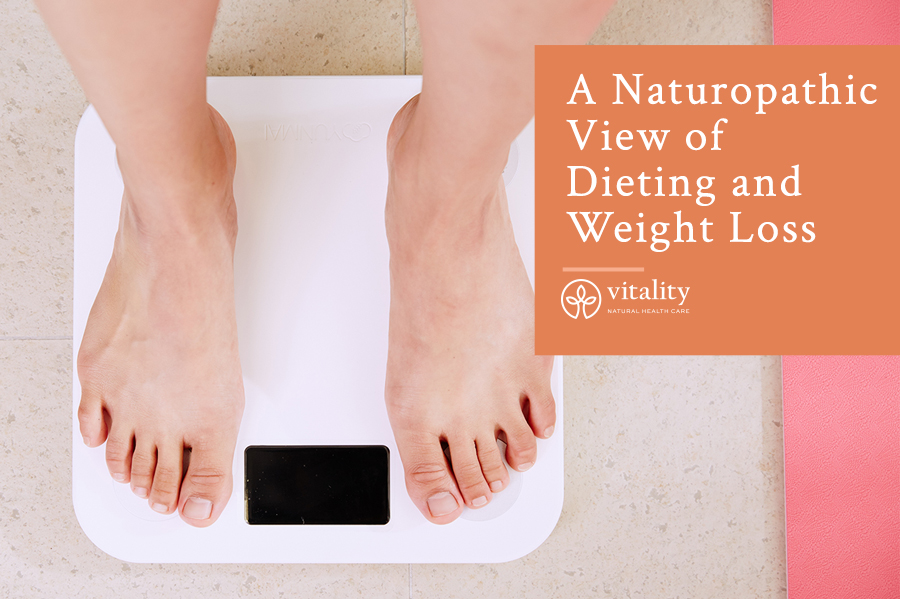At the start of every year, we’re inundated with advertising from diet companies promoting weight loss and promising to help you become a new, smaller version of yourself.
You won’t find that here, however!
What you will find here throughout the month of January are my thoughts on dieting and what constitutes an ideal diet, how to eat a well-balanced diet, and what superfoods I consume regularly to maintain and support my health.
The hope is that you’ll find a way to eat that doesn’t just focus on weight loss, but instead supports your overall health and wellness.
Let me start by saying I do not recommend extreme diets or yo-yo dieting as they can negatively affect your metabolism and your relationship with food. They can also lead to increased weight gain in the long run.
Have you ever dieted for a few months, perfectly followed the protocol for a few weeks only to “fall off the wagon” and binge eat all the foods you weren’t allowed to have on the diet?
Or lose lots of weight on a diet then gain back the weight you lost plus some as soon as you start eating normally again?
If you said yes to either scenario, you’re not alone and you’re normal.
That’s right, your body is having a normal response to restriction and deprivation – binge eating and slowed metabolism, both if which can result in weight gain.
Extreme dieting requires you to restrict caloric intake and in many cases eliminate entire food groups. When you do this for an extended period of time, (days, weeks, or months) your body prepares itself for famine by slowing down your metabolism so you have the resources you need to maintain proper functioning.
Dieting also creates stress which can increase internal inflammation, thus increasing your chances of developing disease and illness in the long run.
Extreme dieting and rapid weight loss can deplete your body quite quickly, causing a deficit in iron and b-vitamins which can result in hair loss, brain fog, fatigue, dry skin.
On an emotional level dieting can cause isolation and depression. Not being able to eat what everyone around you is eating or not wanting to be tempted by foods you “shouldn’t” be eating can reduce your desire to eat with and in front of friends and family.
Instead of dieting, I recommend taking a holistic and medically safe approach:
- Get tested to be sure there are no underlying deficiencies, imbalances, or toxins present that may be causing weight gain.
- Eat a balanced diet that supplies you with all of the vitamins and minerals you need to function optimally while allowing yourself to enjoy foods like cookies and cheesecake in moderation (more on this later).
- Move your body regularly.
- Address your mental health since carrying emotional weight can cause you to gain weight physically.
Of course, a holistic weight loss approach can take longer than most extreme diets and is not a quick fix so it tends to be less desirable. It is the healthiest way to approach weight loss, however.
If these measures fail, I recommend dieting only under the guidance of a trained and certified health care provider. Work with someone who has a comprehensive understanding of your body and it’s nutritional needs.
It’s important to remember that you are more than your weight. It sounds cliche, but it’s true. Good health is more than weight loss, it is multifactorial.
Nutrition is important, but let’s not obsess over calories.
Instead, shift your focus to nourishment on all levels. Nourish your mind and your relationships. Develop healthy mindsets and coping mechanisms – all of this is important when it comes to your health.
For more information on dieting and its effects on your body, read this book.
Come back next week to learn more about the ideal diet. My thoughts on this may surprise you!
xo


